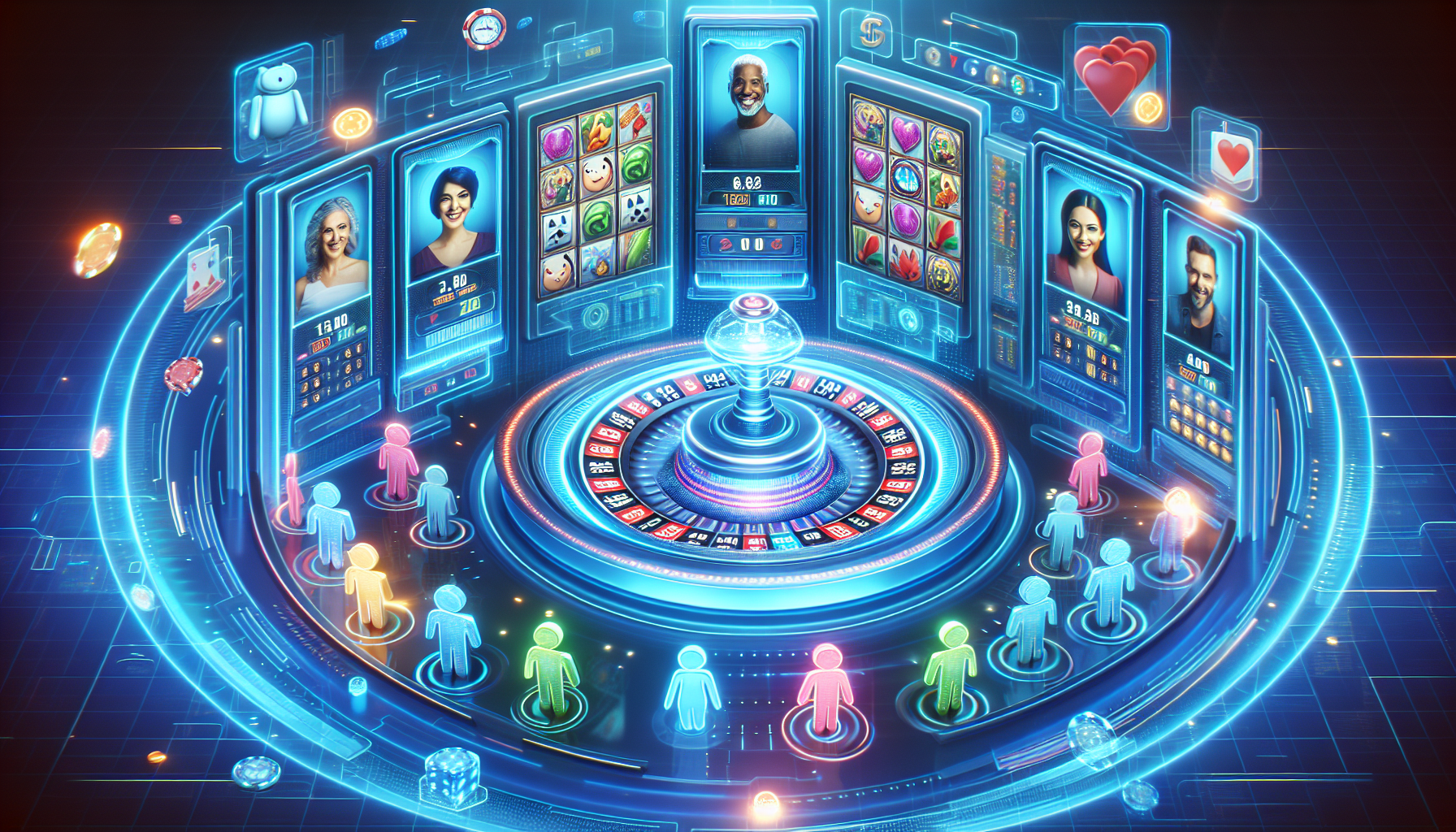Social casino games have charted a fascinating journey since their inception, evolving significantly in response to technological advancements and shifts in player demographics. These games, which sprawl across genres like poker, slots, and bingo, have captivated a broader audience by blending elements of traditional gambling with the social interaction of online platforms. As they continue to evolve, a new chapter beckons, promising even more innovation.
Initially, social casino games were relatively simple, offering basic graphics and gameplay mechanics. The early games primarily functioned on desktop platforms, exploiting the initial wave of internet connectivity. Users were drawn to the novelty of experiencing casino-like environments from the comfort of their homes, albeit in a virtual form.
The advent of smartphones and tablets in the late 2000s marked a turning point. Mobile technology catalyzed the expansion of social casino games, enabling players to access their favorite games anytime, anywhere. This shift not only increased the convenience but also amplified the social aspect, as players could connect and compete with friends worldwide seamlessly. Developers quickly adapted, creating more sophisticated and visually appealing games that catered to a mobile-centric audience.
As social casino games gained momentum, developers began incorporating emerging technologies to enhance the gaming experience further. The integration of 3D graphics and augmented reality (AR) provided more immersive environments, allowing players to feel as if they were part of the action. Some games even experimented with virtual reality (VR) to offer fully immersive casino experiences, although this remains a niche market due to hardware limitations.
Another significant evolution in social casino games is their approach to monetization. Originally relying on straightforward purchase-based models, many games now leverage innovative in-game transactions, offering players a range of virtual goods and premium features in exchange for microtransactions. While these games allow players to partake without spending real money, the enhanced features create a richer and more engaging experience, encouraging investment.
In tandem with technological advancements, the audience for social casino games has diversified. Once predominantly associated with a male demographic, these games now attract a more balanced user base. Developers have responded by designing games that appeal to a wider range of interests, incorporating themes and mechanics that resonate with different cultures and personal preferences.
Looking ahead, the evolution of social casino games is likely to be shaped by several key trends. Artificial intelligence (AI) and machine learning are set to play a more significant role, enabling personalized gaming experiences based on individual player behavior and preferences. AI-driven bots could also add a new dimension to multiplayer environments, providing dynamic challenges that adapt to a player’s skill level.
Blockchain technology and the rise of cryptocurrencies offer another intriguing frontier. These elements could introduce new business models, including secure and transparent virtual economies within games. Players could potentially earn, trade, and purchase in-game assets that hold real-world value, fostering deeper engagement.
Finally, the focus on responsible gaming will undoubtedly intensify. As the line between social and real gambling continues to blur, developers will need to prioritize features that promote healthy gaming habits, such as limit setting and self-exclusion options.
In essence, social casino games will continue to evolve, driven by technological advancements and the ever-changing preferences of a global audience. While it is challenging to predict every development, one thing remains clear: the landscape of social casino gaming is poised for exciting, transformative changes. Whether through more immersive experiences, increased personalization, or novel economic models, the future holds tremendous potential for both players and developers in this dynamic industry.
